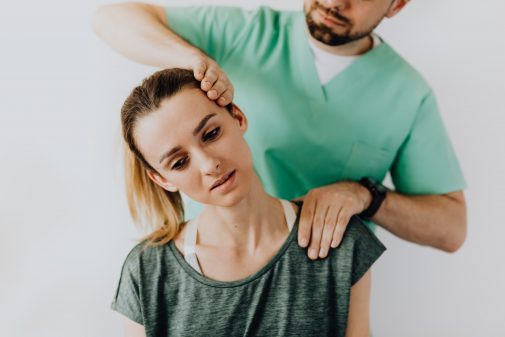BY GEMMA CROTTY
Self-care broadly refers to being attentive to all areas of a person’s wellbeing. It can be done independently, generally without the need for medical intervention. It involves the individual taking responsibility for their own happiness and welfare.
One great method of self-care is exercise, as it does wonders for one’s physical, emotional and mental wellbeing, and can be easily worked into anyone’s daily routine.
While there are many forms of exercise, it is best to think through how you can fit it into your life as another way to manage your health.
Preventing or Coping with Existing Disease and Illness
As well as reducing the risk of obesity, exercise is reported to decrease the risk of disease. The British Medical Journal (BMJ) discusses these benefits:
Firstly, exercise allows cardiovascular functions to be improved, reducing blood pressure and in turn, the risk of coronary heart disease and strokes.
Beyond this, it also decreases the chances of osteoporosis as it prevents the loss of bone mass.
When it comes to cancer prevention, exercise has been shown to contribute to preventative causes tied to certain cancers, particularly colon and breast cancers.
To heighten its importance, exercise has also been measured as a consistent benefit to those who already suffer from an illness or disability.
For example, those who suffer from rheumatoid arthritis ‘experience a decrease in the number of painful or swollen joints and the degree of pain and swelling’.
If you are still unconvinced, the article also indicates that exercise heightens the metabolic functions of the body, helping those with diabetes manage their illness.
However, it is important to note that those with an existing illness or disability should consult a medical professional before partaking in vigorous exercise.
Improving Mental Health
The BMJ reveals that exercise does wonders for not just your physical health, but also your mental welfare.
Releasing endorphins in the brain, it assists in reducing depression and anxiety and also boosts one’s self-esteem.
For those that are elderly, there is an added benefit that exercise helps them retain their memory with clarity.
Gaining the Maximum Benefit
You don’t have to push yourself over the limit to gain the maximum benefit from exercise. Harvard reveals that the key is ‘to do enough and to do it often enough’. The optimal amount is considered to be 30 minutes of moderate exercise or 15 minutes of intense exercise every day.
According to The World Health Organisation, moderate-intensity exercise can include brisk walking, dancing, gardening or even household chores – meaning it can be easy to work into your daily routine.
Meanwhile, vigorous-intensity exercise can be running, cycling, or playing competitive sports.
Beginning your exercise routine can be overwhelming, so it’s important to be realistic and set goals based on what you are able to do. It may help to start with a small goal, such as going for walks a few days of the week, before increasing this to an everyday jog.
One of the other difficulties of exercising is finding the motivation to do it, and this is especially true when you’re in it all alone. That’s why it may help to invite a friend or a group of friends to join you, to give you the extra push you need to keep going.






